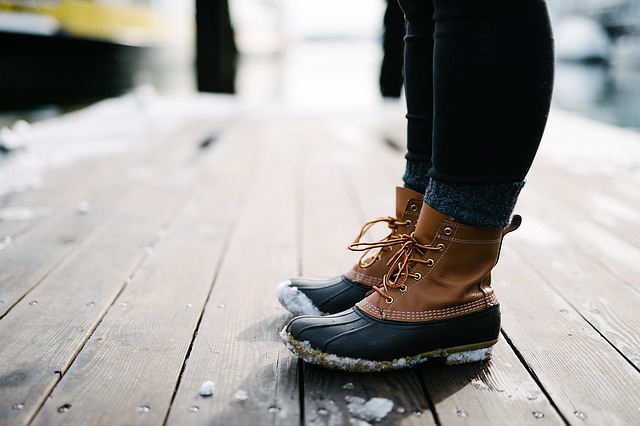
During the winter months, it’s crucial for people living with diabetes to take extra special care of their feet. November is Diabetes Awareness Month. So in today’s post, Dr. Eric Ricefield, Dr. Mark Yagodich, and Dr. Aliza V. Eisen of greater Philadelphia’s Your Next Step Foot and Ankle Care Center are sharing their top tips for caring for diabetic feet this winter.
- Keep your toenails trimmed. Untrimmed toenails can lead to ulcers and infections. Trim your toenails after a bath or shower when they are softer. Be sure to cut them straight across. Thick, crumbly, and discolored nails may require a podiatrist’s care.
- Wear proper footwear. When choosing winter footwear, keep the weather in mind. They should be properly padded, be able to protect your feet from snow and ice and have enough space so blood flow to your feet is not restricted. Avoid footwear that is made using manufactured materials that can trap moisture. Your shoes and socks should promote air circulation and wick away moisture.
- Wash your feet daily. Diabetic neuropathy and diminished circulation can reduce the function of your feet’s moisturizing glands. Apply moisturizer to your feet after washing them daily, avoiding the areas between your toes.
- Examine your feet daily. Examine the area at the pressure areas of your feet and between your toes. Look for sores, corns, calluses, color changes, odor changes, discharge, and breaks in your skin. Also, look for stains in your socks and shoes.
- Keep your feet dry and warm. Walking through snow and puddles can make your feet clammy and cause bacteria to collect. If your feet get wet, gently dry them using a soft towel, being sure to dry the areas between your toes. Change out of wet shoes and socks ASAP.
- Monitor your glucose levels. Take your medications as recommended and oversee your blood sugar regularly. Report any lows or highs to your doctor immediately. Exercise and eat a well-balanced diet that includes vegetables, lean meat and fish, low-fat dairy, whole grains, and fruits. Avoid smoking and curtail your intake of alcohol.
- Avoid excessive heat. Be careful when you use foot baths, electric blankets, and heating pads. Always test the temperature of your bath or shower water before getting in. Avoid hot water bottles, heating pads, and heated foot massaging devices. Items that are too hot can result in a second- or third-degree burn.
To learn more about diabetic foot care, reach out to the experienced team at Greater Philadelphia’s Your Next Step Foot and Ankle Care Center. Click here to locate contact information for the office nearest you.
